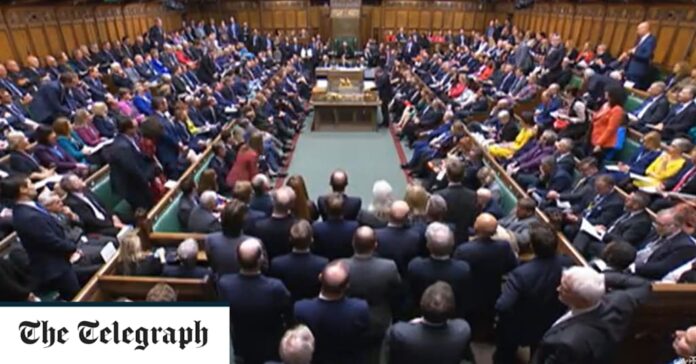The Commons has become a much more normal working environment than it was – but party discipline means it will always have its peculiarities
The life and career of a Member of Parliament used to be extraordinary, and accepted as such.
Their workplace, the Palace of Westminster, was a unique place. Working practices were uncodified (except when actually in the chamber of the Commons, where ancient rules set down by Erskine May prevail). In 2001, when I underwent what then passed for orientation as a new MP, the unusual nature of the job was emphasised: the choice of who to appoint as staff was down entirely to the individual Member and not subject to the usual rules of a Human Resources department. An MP was, in tax terms, a small to medium sized enterprise. They might be paid by the House of Commons, but they were accountable only to their constituents.
There were party bosses, of course, namely the denizens of the whips office. But that relationship was an individual one; it depended on your own behaviour, and the ultimate sanction of having the whip removed – with the terminal consequences for your political career – was rarely used and only in extreme circumstances. The only example I can recall during my first term was when George Galloway lost the Labour whip after some unfortunate comments about British troops in Iraq.
But essentially, the work of an MP was whatever suited them. They got to decide how many local advice surgeries they wanted to hold and, when in London, behind the closed doors of the palace, they could pretty much spend their time however they liked.


